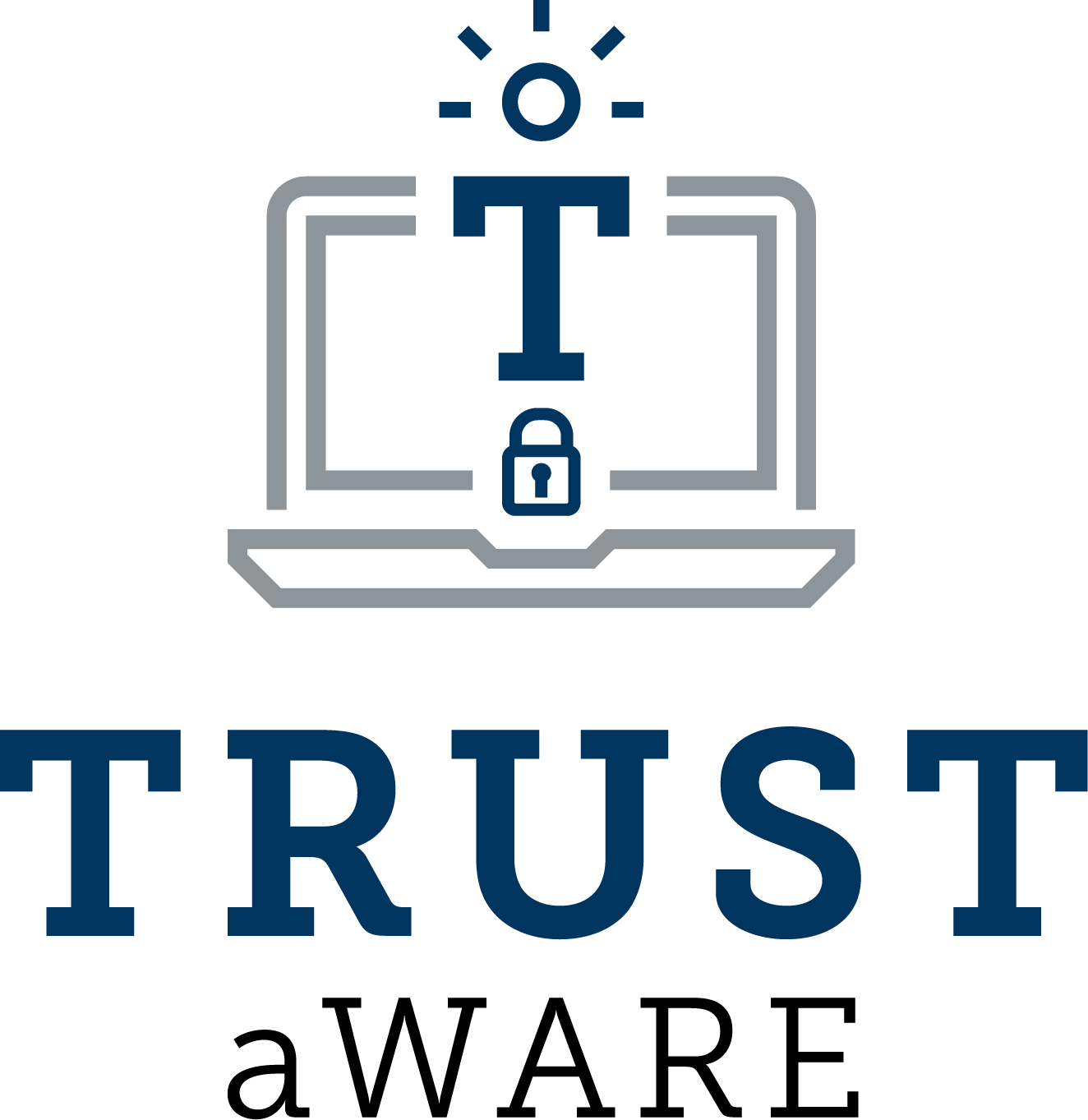Protecting our elders online: A conversation with E-Seniors Association on cybersecurity and TRUST aWARE project

In today’s digital age, cybersecurity threats are a growing concern for people of all ages. However, the elderly population is often more vulnerable to these threats due to a lack of familiarity with technology and the Internet. This is where organisations like E-Seniors Association come into play. E-Seniors is a non-profit organisation in France that provides training and support to elderly citizens in using digital tools safely and efficiently. As part of their efforts to address cybersecurity risks for seniors, E-Seniors is partnering with other organisations in the TRUST aWARE project. In this interview, we speak with Anaïs Fernandez and Daria Kyslitska, two project partners from E-Seniors Association to learn more about their role in the project and the trainings they are offering to help prevent cyber attacks against seniors. Keep reading to learn how to create a safer digital world for our elders!
- As a valued partner, how actively engaged with the work of TRUST aWARE is your organisation?
E-Seniors as an end-user organisation is actively involved in different work packages of the TRUST aWARE project: WP1, WP6, WP7 and WP8. In WP1 “Engagement, co-creation, evaluation and demonstration”, E-Seniors (ESE) took an active participation as a partner dealing with group interviews and pilots by providing its feedback and also conducting co-creation workshops with the end-users in order to gather their requirements and expectations on the tool. After that, ESE carried out a piloting session in Paris, France, from December 2022 to March 2023, with 110 participants (seniors and general public) by testing the TRUST aWARE solution and its integrated tools and by gathering participants’ feedback about its usability and user-friendliness. All results are to be detailed and analysed in the upcoming deliverable on pilots by the end of May 2023.
In WP6 “Fostering adoption and sustainability”, ESE participated in the dissemination and communication of the project’s results on local, national and European levels. The association presented the project during different events and workshops and also had the opportunity to recruit participants through the brochure’s distribution and by announcing the project on its regular newsletters and its own social media pages. E-Seniors is also involved in monthly social media posts contribution on the project’s social networks and website and in the creation of articles in the blog included on TRUST aWARE website.
ESE participated in WP7 “Project management and coordination” by assuring smooth project management internally within E-Seniors staff members and by timely submitting the required information for the project’s reporting. The association is involved in all face-to-face meetings as well as online meetings organised by the coordination team. Last but not least, E-Seniors contributed to WP8, which deals with Ethics and data management in the project by providing its insights when it comes to vulnerable target groups as seniors, and also by confirming the compliance with French ethics requirements’ institutions.
- As an organisation working with ICTs to train senior citizens in more digital skills, what would you identify as the most prominent online threat senior citizens face?
Senior citizens represent a target group increasingly active online since the Internet enables them to communicate with their relatives, to make online purchases, to find various activities, or even to carry out administrative procedures. However, seniors remain vulnerable when browsing online and risks may arise in terms of security and confidentiality, particularly for purchasing and online banking for instance. In consequence, there is a need to educate and train senior citizens on how to access and to be part of online activities with a high level of protection.
- Working with the real-time needs of senior citizens online; how dramatic is the need to improve digital literacy amongst an ageing demographic?
In our fast changing and ageing society, it has become absolutely compulsory to use digital tools in everyday life: tax declaration, medical appointments booking, online banking, not to mention Internet usage and emailing which is growing more and more. Therefore, the need to improve digital literacy is one of the most burning needs on the agenda of all EU states. It is essential to have a good approach and relevant methods for older citizens on how they can acquire digital skills and how they can use digital tools safely.
- Do you anticipate the technology being developed by TRUST aWARE playing a role in your work? If so, how so?
We truly hope that the TRUST aWARE innovative platform will be mature enough by the end of the project with all integrated services available and training content enriched to be used in our ICT classes for seniors in Paris. This requires the technology to be user friendly enough and all components functioning to be presented to our older participants.
- What are the major threats that elderly citizens face when engaging with the Internet and propose what some of the remedies to assist them will be?
One of the main threats that older adults address are: scams and phishing, spam and cyber ransomware, illegal access to databases. They receive loads of fraudulent SMS and emails on a daily basis asking them their personal details or pretending to be someone they know. The scams have become more sophisticated and it gets harder for seniors to identify them. As a result, it is essential to teach them how to recognise those cyber crimes as well as how to protect themselves online. One of the most efficient remedies are:
- Don’t share personal information.
- Double-check and verify links.
- Use secure public Wi-Fi.
- Use a VPN.
- Only log into sites that start with https://.
- Be careful who you chat with.
- Turn off your Bluetooth.
- Use antivirus software.
- Use secure passwords.
- Backup your data.
- No doubt there is a series of challenges in helping prepare senior citizens for the challenges they will face online. How do your workshops with the elderly help equip them to avoid potential threats?
E-Seniors has a long-term experience in teaching ICT classes to seniors in Paris and its area. Our trainers are highly experienced professionals that are used to dealing with senior’s needs by providing them clear and step-by-step instructions when teaching the online tools. The association has a wide variety of topics such as: e-administration, basic ICT skills, social networks, online security and main cyberthreats. We believe that by spreading awareness about possible threats and scams, and showing them real life examples that can be presented online or through mobile phones, we prepare them in the best way to deal with those challenges.
.


